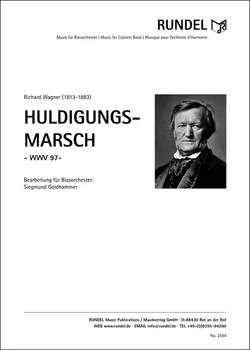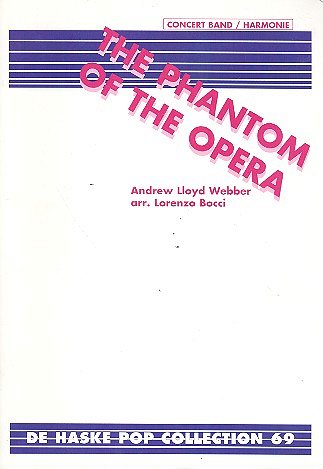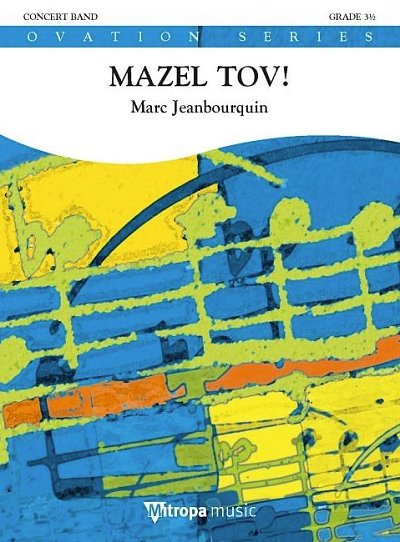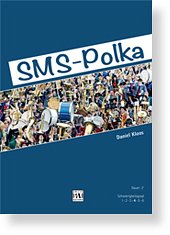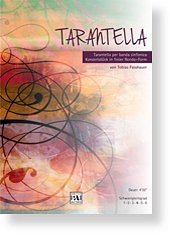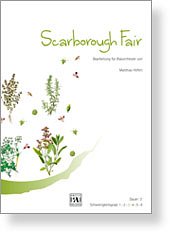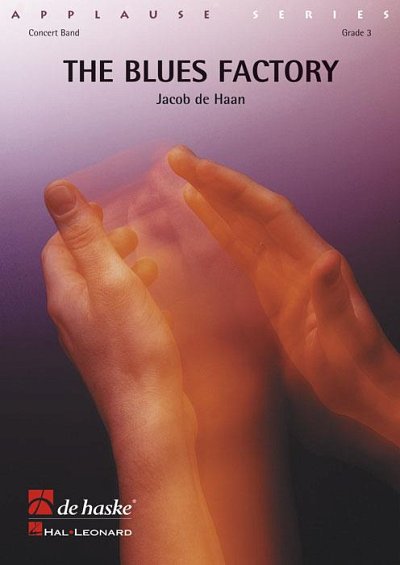Hardly any composer was so rejected, and so celebrated by his contemporaries as Richard Wagner. The Leipzig musicologist Hugo Riemann (1849-1919) describes him as “the greatest dramatic composer of the 19th century and without doubt the most energetic and concentrated musical thinker of all time…”. Eduard Hanslick, by contrast, radically rejects Wagner’s “new music” in its aesthetic content. He is an adherent of the idea of “permanent music”, formulated by Brahms, which only acquires validity through its quality and can correspondingly not be subject to historical change. For Wagner, on the other hand, there was no questioning the “decline of the arts” in his time, a decline caused, in his opinion, by the separation of the individual arts since the end of the Classical period. He postulated his own artistic credo, the principle of the total work of art which must be based on a superior dramatic concept or a programme. This is a conviction which he shares with Franz Liszt, for example.
In his works, Wagner went beyond the classical bounds of form, theme and harmony and ascended to dimensions (Tristan und Isolde) which ultimately opened the gates to true modern music and Schönberg’s twelve-tone music.
Wagner’s life was as restless as it was energetic until he found a musical home in Bayreuth where he could finally realise his life’s artistic goals.
He came from a lower middle-class background. His father, the police clerk Carl Friedrich Wagner, died six months after his birth in Leipzig. Almost a year later his mother, a baker’s daughter, married the family friend and actor Richard Geyer, who also died early, in 1821. Wagner had nine siblings altogether. He began to attend school in 1817 under the name of Richard Geyer. After being “fostered” for some time by relatives, he came to Dresden, where he attended the Cross School (Kreuzschule) from 1822 onwards. From 1828 to 1830 he returned to Leipzig and attended St. Nicholas’ School (Nikolaischule), this time under the name of Richard Wagner. It could never be resolved with any certainty as to whether Carl Friedrich Wagner or Richard Geyer was Wagner’s physical father. Richard Wagner himself suffered from an identity problem all his life as a result of his dubitable parentage.
Despite the difficult circumstances of his early life, Wagner obtained a thorough education. As a youth he wavered in his choice of profession between poet and musician, although his own demands and aims could in both cases, as he declared himself, only be of the highest. After brief musical studies with Theodor Weinlig (1780-1842), the cantor of St. Thomas’ Church, Wagner’s artistic career took him via a position as repetiteur in Würzburg to Magdeburg, where, as Director of Music, he performed his early opera “The Forbidden Love”.
Wagner’s further career was marked both by greatest triumphs and humiliating failures before, in 1864, he found in King Ludwig II of Bavaria (1845-1886) an ardent admirer and inexhaustible patron who generously supported his artistic ideals both intellectually and materially.
On the same day that his father, King Maximilian II died, on March 10th 1864, Ludwig II was crowned as his successor, aged 18. Several years previously, in 1861, he had heard Wagner’s “Tannhäuser” and “Lohengrin”, which was the beginning of an almost “addictive” affinity to his music. Immediately after acceding to the throne, Ludwig II supplied Wagner with 170,000 florins to enable suitable performances of his operas in Munich. A first personal meeting between Ludwig and Wagner took place in early May, 1864.
Wagner wrote his “Homage March” as a gift and greeting for Ludwig on the occasion of his birthday on August 25th 1864. A first performance in the presence of the King did not take place, however, until October 5th in Munich, after a series of circumstances including the sudden death of the leader of the Munich Military Band, Peter Streck (1797-1864) two days before the birthday cancelled the performance. According to one obituary, Streck appears to have suffered a heart attack under pressure of the preparations for the concert, with the copying of parts immediately before the performance, the organisation of rehearsals and the journey to Hohenschwangau with a total of 80 musicians, and the enormous musical demands made by Wagner.
The “Homage March” bears Wagner’s typical signature. He himself writes that he had composed something “from Lohengrin and Tannhäuser and perhaps something new”. The piece is a formal work of genius, unusually lush in sound and instrumentation, but appears on the whole a little too routine. The performance does not seem to have made a lasting impression on Ludwig II either, as no royal comments of any consequence on the work have remained on record. Despite these limitations, the “Homage March”, as an original work by Wagner for wind ensemble, cannot be disregarded in our concert programmes. The wind instrumentation originally required by Wagner is interesting, as it would no longer be realisable nowadays. In addition to two piccolos in Db he also calls for 4 flutes, also in Db, 1 Ab, 2 Eb and 14 Bb clarinets, 2 trumpets in Bb alto, 4 in F, 2 in Eb and 4 bass trumpets, 3 flugelhorns, 3 alto horns, 4 tenor horns / baritones and 6 bass tubas. Thanks to Siegmund Goldhammer’s arrangement for modern wind orchestra, this impressive work, almost forgotten, can be presented to a wide public once again.
